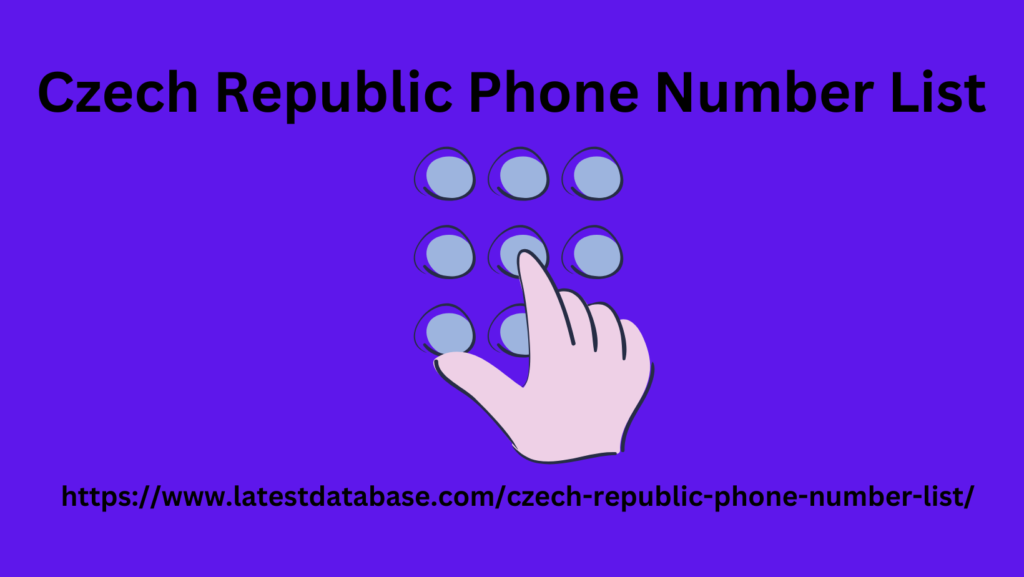|
|
You have thought of or found in the tools, and prepare appropriate content for each of them using an editorial calendar. Editorial calendar with keywords That is, establish what keywords you have found and want to cover, and prepare content that can position for them. Analyze the search intention of the keywords Search intent is the objective that a user has when performing a search on Google : Do you want to search for information? Buy a product? See a comparison of several products? Depending on the user's objective, you should try to position it with one type of content or another, so that it perfectly solves the need they have.
For this reason, you should analyze what positions Czech Republic Phone Number List are now on Google for each keyword , and check that you can offer a similar and better result than the competition. Google Search Intent In fact, depending on the type of results we see on Google, we find three types of keywords: Informative keywords : they are those where the user seeks to know information, and they usually position blogs, newspapers or digital magazines with guides or articles (for example, keywords such as “what is SEO” or “how to position on Google”). Transactional keywords : they are those where the user seeks to buy, so they usually position online stores with their catalogs, or service sales pages (for example, keywords like “buy a white t-shirt” or “hire an editor”).

Navigational keywords : these are those where the user searches for a specific brand (for example, “Marketing and Web School”), so they will mainly position results from the official website. With this, I mean that if we do not have content that suits each type, we will have difficulty positioning for any of these keywords. For example, imagine that I want to position for “SEO consultant”, and everything that appears on Google in the first results are sales pages for consultants.
|
|